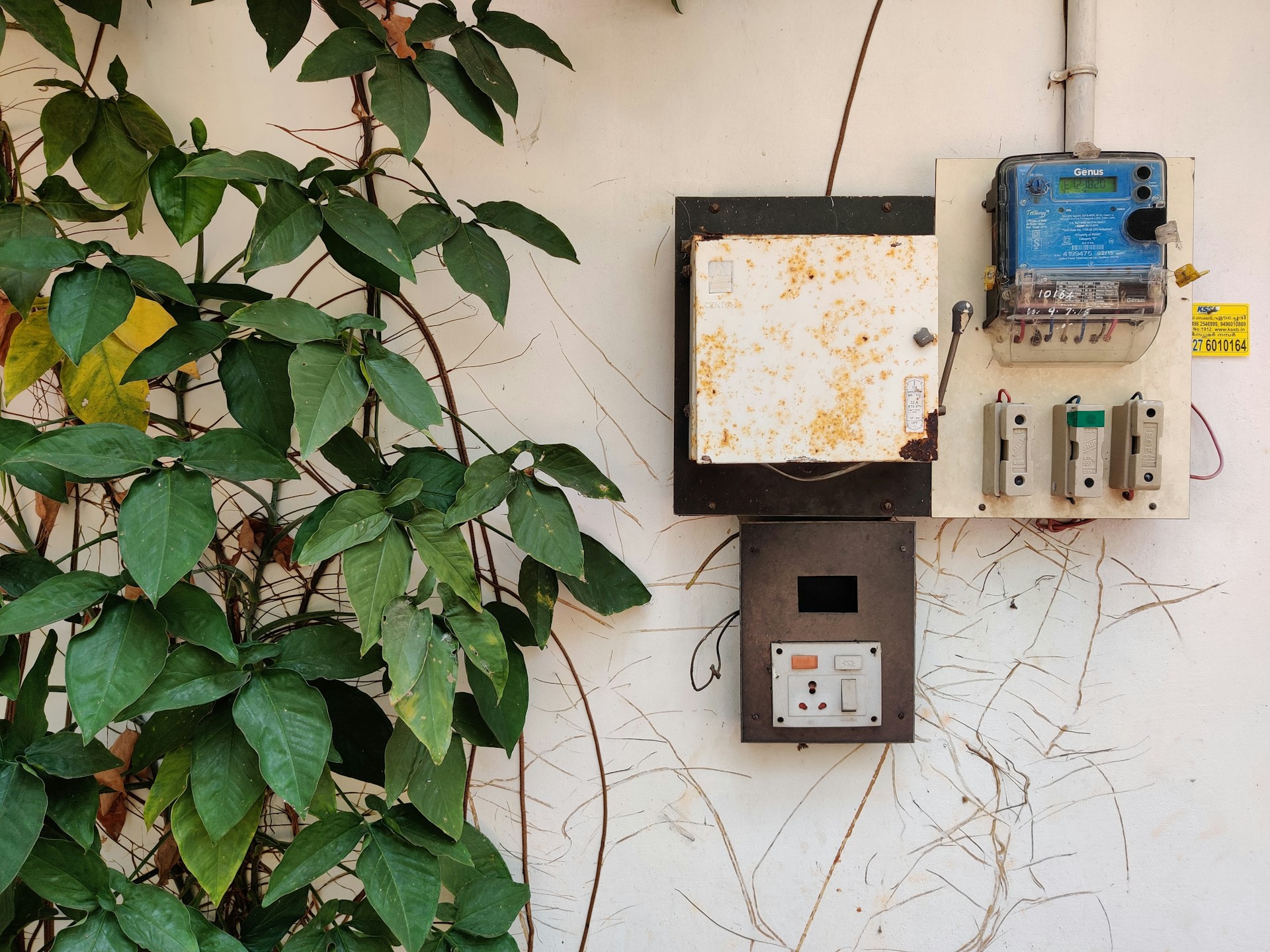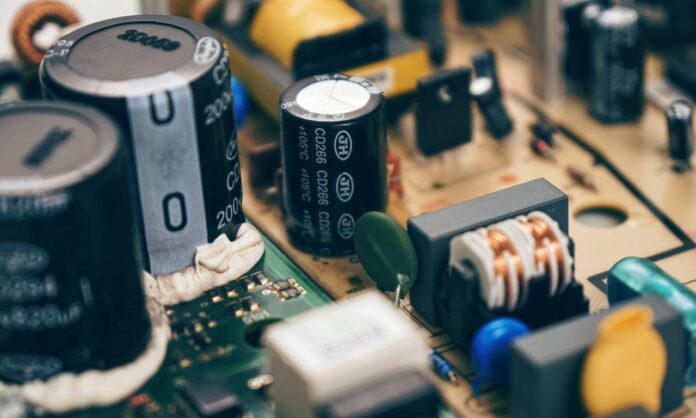Are you tired of constantly experiencing power supply failures and not knowing how to choose the right one for your needs? Look no further! In this blog post, we’ll be discussing the fundamentals of power supplies and how to evaluate them like a pro. Whether you’re building a gaming PC or upgrading your home office setup, having the right power supply is crucial for stable and efficient performance. We’ll cover everything from wattage to efficiency ratings and give you tips on how to make an informed decision when it comes to purchasing a power supply. So sit back, relax, and get ready to become a power supply expert. Let’s get started!
Research About Power Supplies
Before making any decision about purchasing a power supply, it’s important to do your research. Start by understanding the different types of power supplies available in the market and their features. For instance, you can visit EA Elektro-Automatik to learn about programmable DC power supplies and their applications. Additionally, research about the different brands and their reputation for producing reliable and high-quality power supplies. This will give you a better understanding of what to expect from each brand and help narrow down your options.
Once you have a basic understanding of power supplies, delve deeper into topics such as efficiency ratings, wattage requirements, and compatibility with your specific setup. The more you know, the better equipped you’ll be to evaluate power supplies like a pro.
Determine Your Power Requirements
One of the key factors in choosing the right power supply is determining your power requirements. This includes calculating the wattage needed for your components and considering any future upgrades. It’s important to have a little headroom in your power supply to accommodate any additional components you may add in the future.
To determine your wattage needs, refer to the specifications of your CPU, GPU, and other components. There are also online calculators available that can help you estimate your power requirements based on your system’s specifications. Make sure to factor in overhead for efficiency loss and consider going for a higher wattage power supply for future-proofing.
Check for Efficiency Ratings
Efficiency ratings are an important aspect of evaluating power supplies. They indicate how much of the electricity drawn from the wall is actually being converted and used by your components. Higher efficiency means less wasted energy, which results in lower electricity bills and a more environmentally friendly setup.
Look for power supplies with at least an 80 Plus certification, which guarantees a minimum of 80% efficiency. However, if you want to go the extra mile, there are also higher certifications such as Bronze, Silver, Gold, and Platinum that offer even better efficiency ratings. Keep in mind that these higher certifications may come at a higher cost.
Consider the Build Quality
The build quality of a power supply is often overlooked but can greatly impact its performance and lifespan. Look for power supplies that use high-quality components such as Japanese capacitors, which are known for their durability and reliability. It’s also important to check for safety features like over-voltage protection, under-voltage protection, and short-circuit protection.
In addition, pay attention to the warranty offered by the manufacturer. A longer warranty typically indicates a higher quality power supply and shows that the manufacturer has confidence in their product.
Read Reviews and Recommendations
Reading reviews from other users can give you valuable insights into the real-world performance of a power supply. Look for reviews that provide detailed information on factors such as noise levels, temperature control, and overall stability. Additionally, consider seeking recommendations from friends or online forums dedicated to PC building.
Keep in mind that everyone’s experience may vary and it’s best to read a variety of reviews before making a decision. Look for patterns and common complaints to get a better understanding of any potential issues with the power supply you’re interested in.
Consult Experts or Forums

If you’re still unsure about which power supply to choose, don’t hesitate to consult experts or ask for recommendations on online forums. There are plenty of experienced PC builders who are willing to share their knowledge and help you make an informed decision.
You can also reach out to customer support from reputable power supply brands for any specific questions or concerns. They can provide you with technical information and assist you in finding the right power supply for your needs.
Evaluating power supplies like a pro requires thorough research and consideration of various factors such as wattage, efficiency ratings, build quality, and real-world performance. By following these tips and consulting experts or online forums, you can make an informed decision when it comes to purchasing a power supply for your specific needs. Remember to always prioritize safety and reliability over cost, as a high-quality power supply is crucial for the stable and efficient performance of your components. With the right knowledge and approach, you can become a power supply expert and avoid any future power supply failures.





